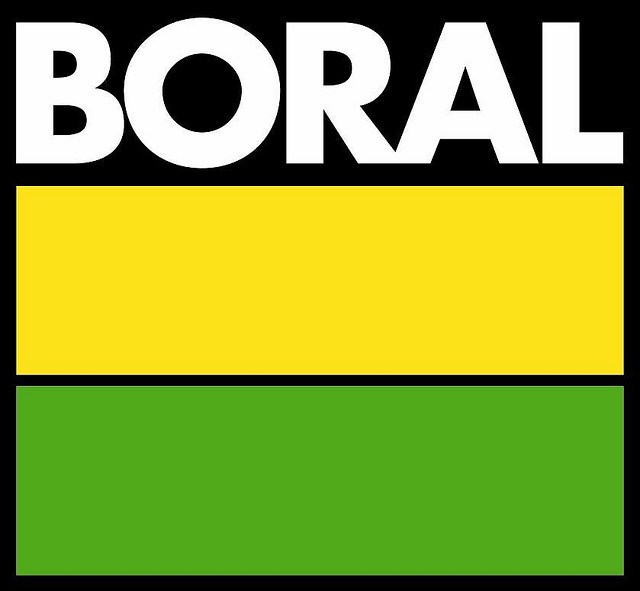CSR Limited and Boral Limited have announced their intention to form a joint venture to combine their brick operations on the east coast of Australia including operations in Victoria, Queensland, New South Wales, South Australia, Tasmania and the Australian Capital Territory.

According to the ASX announcement by Boral, CSR and Boral will approach the Australian Competition and Consumer Commission (ACCC) to seek clearance for the transaction.
CSR will own 60% of the proposed joint venture, while the remaining 40% will be owned by Boral. The combined business will have a capacity of approximately 600 million bricks from 12 manufacturing operations across the east coast of Australia. There is no cash consideration as part of the proposed joint venture.
CSR and Boral are hopeful that the formation of the joint venture will help them achieve initial overhead savings of $7-$10 million per annum through consolidation of their administrative and marketing expenses through a single management structure. In the long run, both companies expect to consolidate selected manufacturing sites and lower the cost of production per unit which would enable them to develop selected high value land assets without affecting product range and operational capability.
“The Australian cladding industry has faced major changes in demand over the past 30 years resulting in a significant reduction in brick use. The reduced level of utilization in our brick manufacturing plants coupled with high input costs has meant that brick production in Australia has been increasingly challenged. This joint venture is aimed at driving efficiencies across the combined network of operations and would provide a path for Boral to realize acceptable returns for our brick business and therefore secure our long-term commitment to the industry,” said Boral’s CEO and Managing Director, Mike Kane.
“This joint venture is about retaining manufacturing in Australia and maintaining clay bricks as a choice for consumers in a broader cladding market. It is about strengthening the opportunity for consumers and reinvesting in the industry while delivering satisfactory returns through the building cycle,” said CSR’s CEO and Managing Director, Rob Sindel.
Australian brick manufactures have been experiencing a sustained downward trend in demand for brick products for the last 30 years. A number of factors have contributed to this negative trend, including a charge in the dwelling mix away from detached houses towards multi-residential units, changing construction methods, and emerging trends in external facades in housing that are moving toward rendered walls and alternative cladding materials such as concrete panels, masonry blocks, fibre cement etc.



















